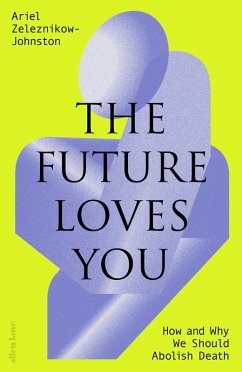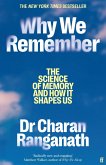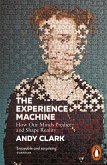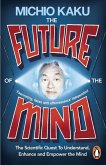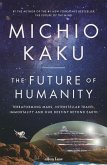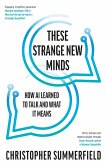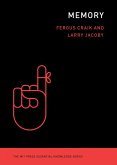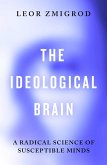From ventilators to brain implants, medicine has been blurring what it means to die. In a lucid description of modern neuroscientific thinking, Zeleznikow-Johnston explains that death is not the loss of breath, but of personal identity - that the core of our identities is our minds, and that our minds are encoded in the structure of our brains. On this basis, he explores how recent discoveries now offer us all the chance of preserving our minds for future revival.
Whether they discovered cures or fought for justice, we are grateful to those of our ancestors who helped craft a kinder world. Yet while our forebears cannot enjoy the world they helped build, this new preservation technology gives us each a personal stake in the future. Because if we work together to create a better world for our descendants, then just maybe, the future will love us enough to bring us back.
Dieser Download kann aus rechtlichen Gründen nur mit Rechnungsadresse in A, B, BG, CY, CZ, D, DK, EW, E, FIN, F, GR, HR, H, IRL, I, LT, L, LR, M, NL, PL, P, R, S, SLO, SK ausgeliefert werden.

